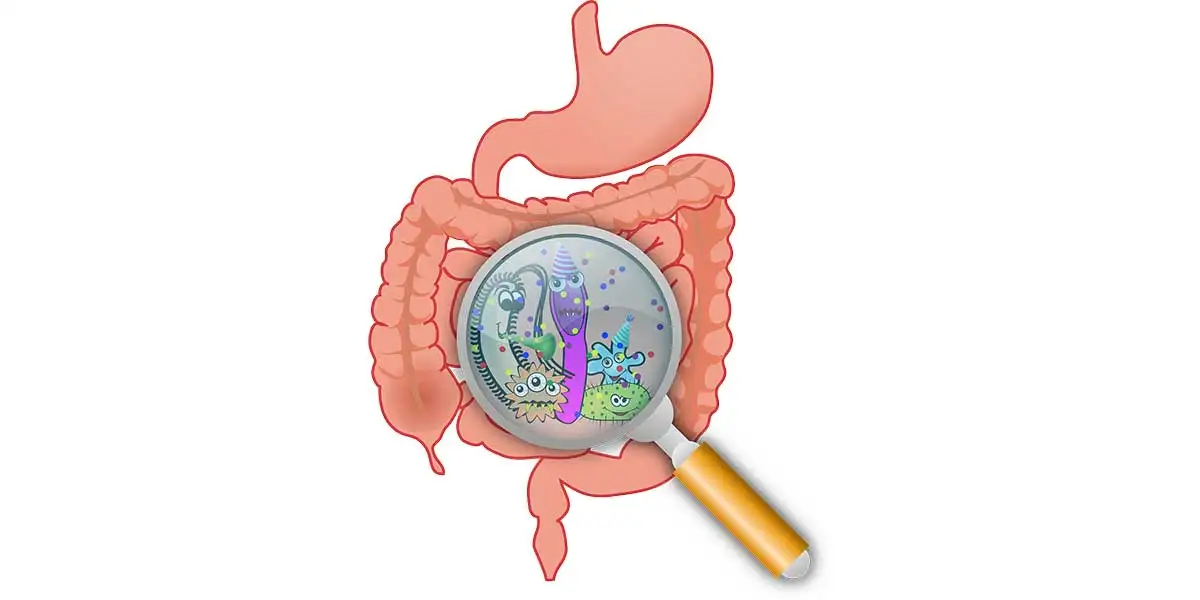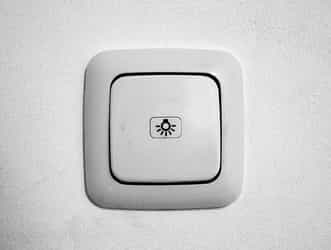Probiotics are not just for humans, says one Pittsburgh-based veterinarian, who recommends them for all kinds of animals—dogs, cats, “even exotic pets like chinchillas.”
Dr. Mike Hutchinson prescribes probiotics to his pet-patients to help them with chronic bowel issues, bad breath, bad gas and loose stools, as CBS News
reports. He believes probiotics help animals to live a longer, happier, healthier life.
When one couple’s 10-year-old Shih Tzu began having problems eating a few years ago, they brought their pet to Dr. Hutchinson. Complaints included the dog’s inability to keep his food down, lethargy and “not being himself.”
Dr. Hutchinson suggested the couple add probiotics to their pet’s food. Soon after they did, their dog became more energetic and became better able to keep his food down.
Sounds like probiotics may be going to the dogs, and that’s a good thing.
WHAT ARE PROBIOTICS?
“Probiotics are friendly bacteria or yeast that live in the intestine along with very few other organisms like archaea, a single-celled organism with no nucleus, and eukarya, organisms with a nucleus. Together, they’re known as gut flora,”
according to BCC Research analyst Aneesh Kumar. “The good bacteria, which are helpful to the body, are termed probiotics, which aid the healthy digestion and absorption of nutrients by expelling out the disease-causing pathogens. Probiotics are also found in fermented food, probiotic drinks, and in the form of supplements that are consumed to maintain the balance between good and bad bacteria present in the body.”
There is growing scientific evidence that a healthy intestinal microflora (or gut flora) is critical to the overall immune system function. The microflora is vital for preventing pathogenic bacteria from invading the gut, and is helpful in alleviating gastrointestinal disorders. The growing popularity of probiotics is due, in part, to an increasing knowledge that it is possible to manipulate composition of the GI microflora and restore balance through appropriate supplementation with well-selected probiotics, Kumar notes.
APPLICATION OF PROBIOTICS
The demand for probiotics has increased in recent years due to the growing health awareness among both humans and animals, and increasing demand for food and beverages, dietary supplements, and animal feed, Kumar observes.
Food and beverage, the major application segment that makes the most use of probiotics, dominates the market, accounting for almost 73% of market share in 2014, says Kumar.
“In 2014, 72.8% of probiotics were used in food and beverages, followed by dietary supplements and animal feed with 17.8% and 9.4%, respectively,” Kumar says. “The global market for probiotics used in animal feed is expected to have increased from $3 billion in 2014 to $3.2 billion in 2015 at a year-on-year growth rate of 7%,” he adds. “Further growth is expected at a five-year CAGR from 2015 through 2020 at 7.8%, with the market reaching nearly $4.7 billion in 2020.”
PETS AND PROBIOTICS
As Dr. Hutchinson tells CBS News, 95% of the “pathogens or disease-causing organisms come through the gut—through the mouth. Not through the skin. Not through the respiratory tract, but through the gut so it’s important—it’s vitally important—that we have good balance.”
For canines, a probiotic dry powder (other probiotic-containing products include a paste, a chewy tablet, or a capsule) can be sprinkled on the food. After its consumed, the good bacteria ends up in the large intestine, where it balances the harmful bacteria that is causing problems.
It’s very different than putting your dog on antibiotics, according to Hutchinson. As quoted by CBS, he says, “Antibiotic is anti-life—basically it is trying to kill cells, and that’s what it is trying to do…the probiotics are pro-life. They are trying to repopulate the good bacteria, the army of good guys if you will so that we don’t need the antibiotic.”
Pets that are healthy and have a good diet shouldn’t receive probiotics daily, but perhaps a few weeks out of every quarter to maintain their system. Because every animal’s digestive track has its own unique bacteria, probiotics will vary, depending on the type of animal. Check with your veterinarian to determine the best course of probiotics for your pet.
Then, the two of you can stay healthy together for a long time.
Kumar anticipates that the global market for probiotics, which totaled $31.8 billion in 2014, to reach $50 billion in 2020, reflecting a five-year compound annual growth rate (CAGR) of 8%.




